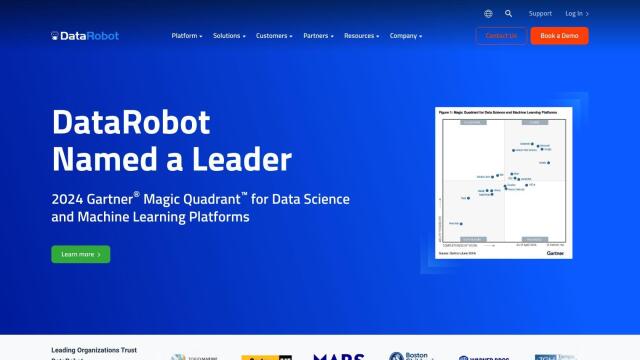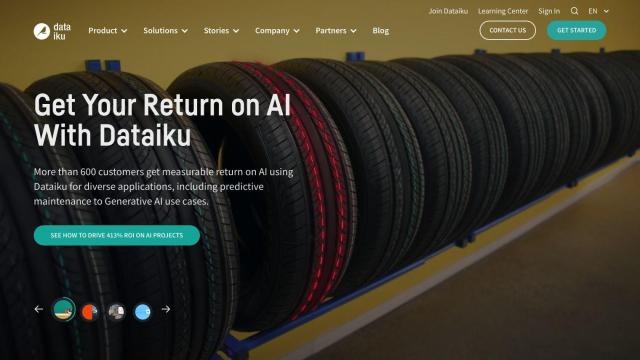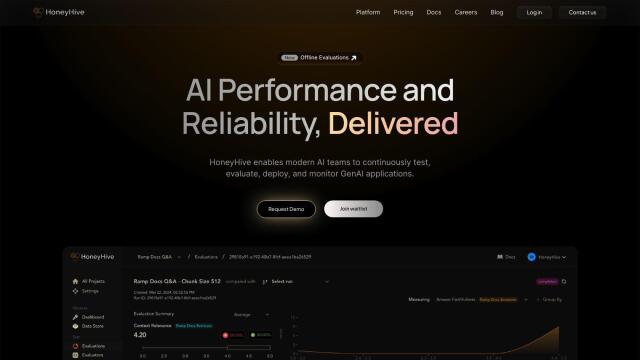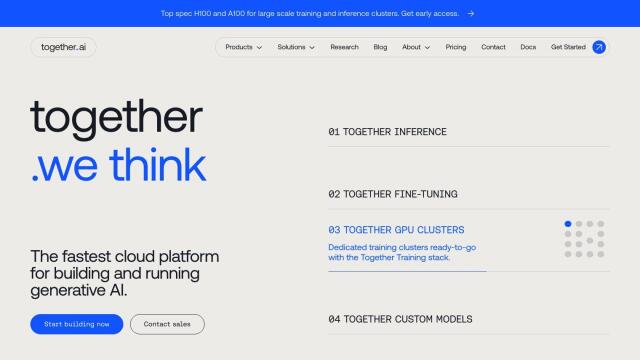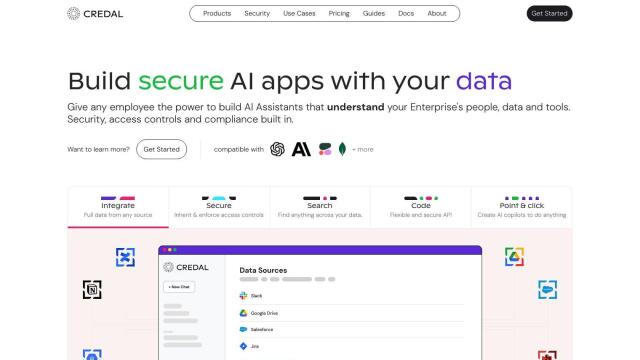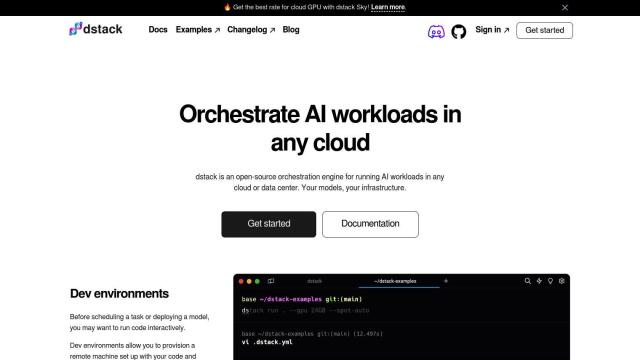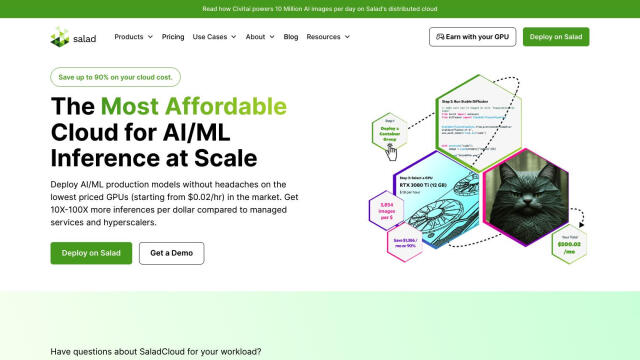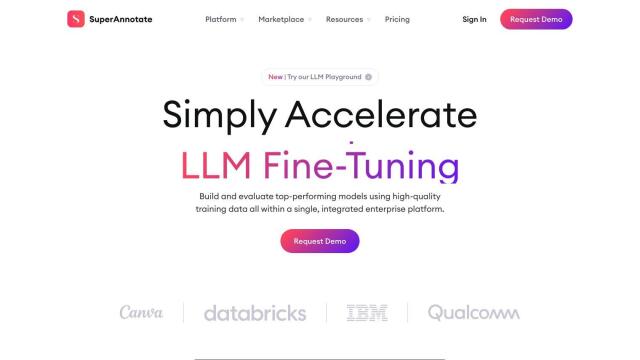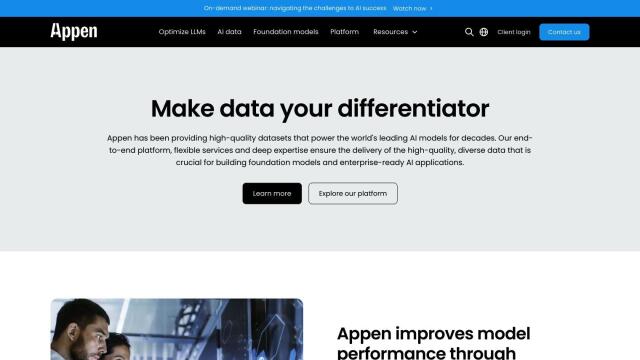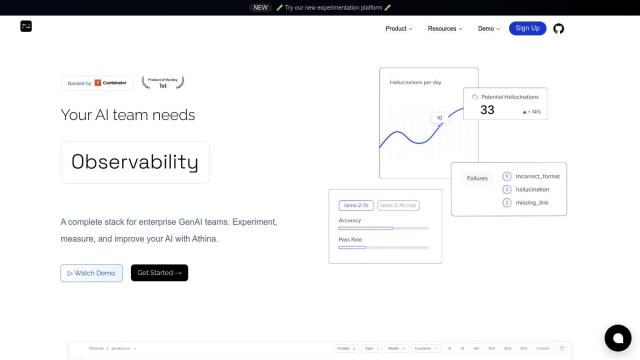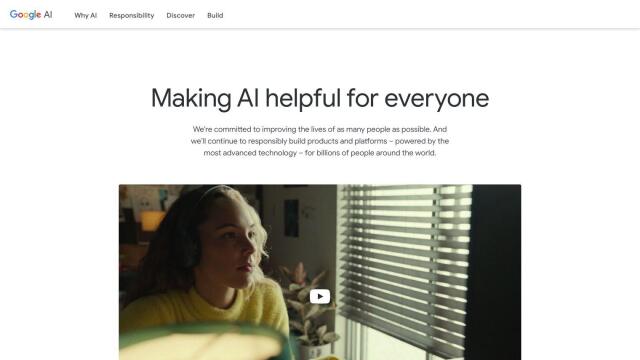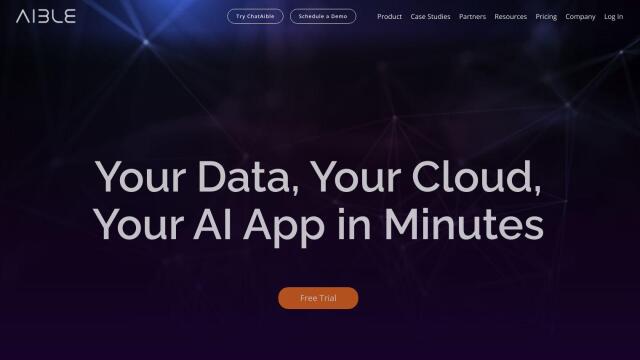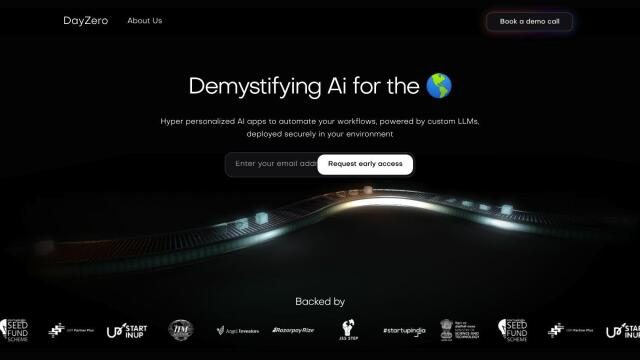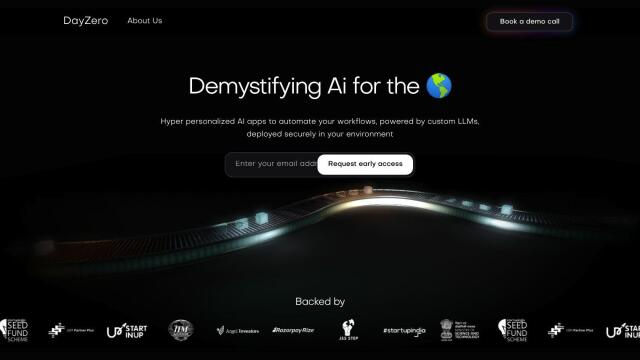Question: Can you suggest a solution that allows me to create, deploy, and monitor AI models while maintaining data quality and security?


Dataloop
If you're looking for a platform that handles data curation, model management and pipeline orchestration along with robust security controls, Dataloop is a good option. The platform speeds up AI application development with automated preprocessing, model management for deploying and managing AI models, and pipeline orchestration to visualize and automate workflows. It also has human feedback integration and a marketplace for existing models and pipelines. With GDPR, ISO 27001 & 27701 and SOC 2 Type II compliance, Dataloop ensures data quality and security while delivering 20x faster development, 70% time savings, 10x higher quality and 95% automation.


Anyscale
For a more flexible and scalable option, check out Anyscale. The platform lets you build, deploy and scale AI applications on multiple clouds and on-premise with features like workload scheduling, smart instance management and GPU and CPU fractioning for efficient resource use. Built on the open-source Ray framework, Anyscale supports a broad range of AI models and has native integrations with popular IDEs and persisted storage. It also has strong security and governance controls, making it a good fit for enterprise use with a free tier and flexible pricing options.

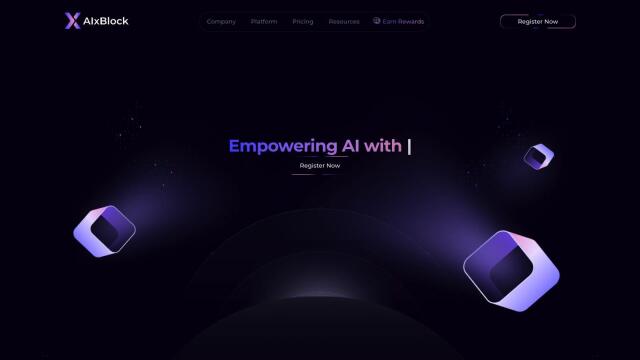
AIxBlock
Another option is AIxBlock, an on-chain platform that provides decentralized supercomputing to power AI work. It has a peer-to-peer decentralized compute marketplace, a data engine for data gathering and labeling, and an MLOps platform for auto and distributed training. AIxBlock also has on-chain consensus-driven live model validation and a decentralized marketplace for AI models. The platform is designed to reduce compute costs while maintaining data quality through blockchain consensus, so it's a cost-effective and secure option for AI development.

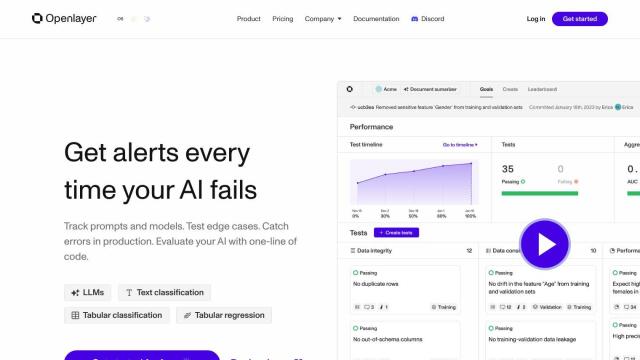
Openlayer
If you're looking for a platform geared specifically for large language models and high-quality AI model deployment, Openlayer is worth a look. It has automated testing, monitoring and alerts, as well as developer-friendly integration and security compliance with SOC 2 Type 2. Openlayer supports a range of tasks including LLMs, text classification and tabular regression, and is designed to accelerate model development, collaboration and deployment. The platform also offers on-premise hosting options, a good fit for those who need flexibility and high security.



